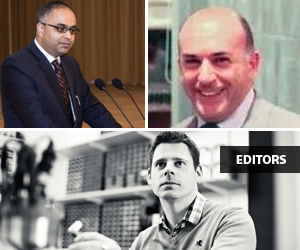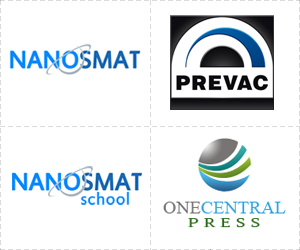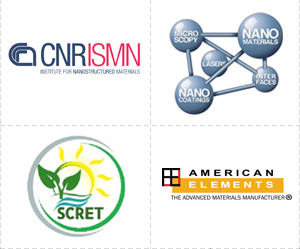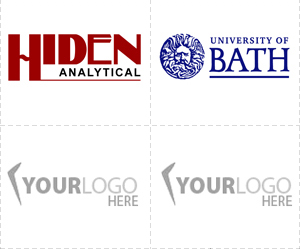Q&A session with Professor Peter Lund
Tell us about yourself, your research, its main focus and direction?
My name is Prof. Peter Lund. I’m coming from Aalto University, Finland. I have been working for over 35 years with new energy technologies and for the last 20 years with solar cells and fuel cells, and in particular with nanotechnology for those technologies.
What do you think will be the most important developments in the energy research over the next 5 to 10 years?
I think it is important to recognise that the large global challenges like energy and climate will not be solved without new technologies and innovations. New technologies such as solar energy, fuel cells, batteries and large scale application of nanotechnology and nanomaterials to these will play a key role in developing solutions to the grand global challenges.
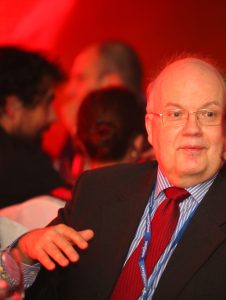 How will this impact the average person and society in general?
How will this impact the average person and society in general?
In the next decade I am sure we will see new technologies, solar cells and batteries, being employed much more widely within the society. An average layman will be able to get hands on these technologies. ‘Fancy technologies’ will in this way become a part of everyday life. Here, nanotechnology or nanomaterials will help us to bridge science and the practice, and provide practical solutions.
What contribution will nanoscience and nanotechnology make to solve things like energy problems?
New materials play a key role when we speak about commercialisation of new energy technologies, such as fuel cells, solar cells, batteries, or thermoelectrics in the future. Without nanoscience and nanotechnology which bring new and better properties and new ways to manufacture these technologies, it would be a very long way to go to see these technologies approach the market.
What is your impression of the Nanotechnology Conferences we have organised?
NANOENERGY Conferences are very important platforms to bring together different disciplines and scientists from all over the globe to discuss the big challenges that we have in energy. We’re combining here energy and materials, viewing energy from a materials perspective, but also discussing what kind of requirements and limitations energy can impose on materials – I think the Nanotechnology Conferences offer a very unique opportunity to learn beyond your own box, to understand what other disciplines could offer and what that means to progressing your own science.
Finally, what is your main message to decision makers, governments regarding the energy agenda?
Energy is perhaps the most important question to this society on a long term and I think it’s
extremely important to recognise that innovation and R&D are key areas for policy makers to support. Without the new technologies, without technology development, I think, we will never be able to solve the energy problems. But it’s not just about the climate and energy, but I think these new technologies and innovations will also help the European and other governments all over the globe to create new jobs. Industrial growth from new technologies is something that we definitely need. So, in brief, nanotechnology could solve many problems within the society at the same time.


